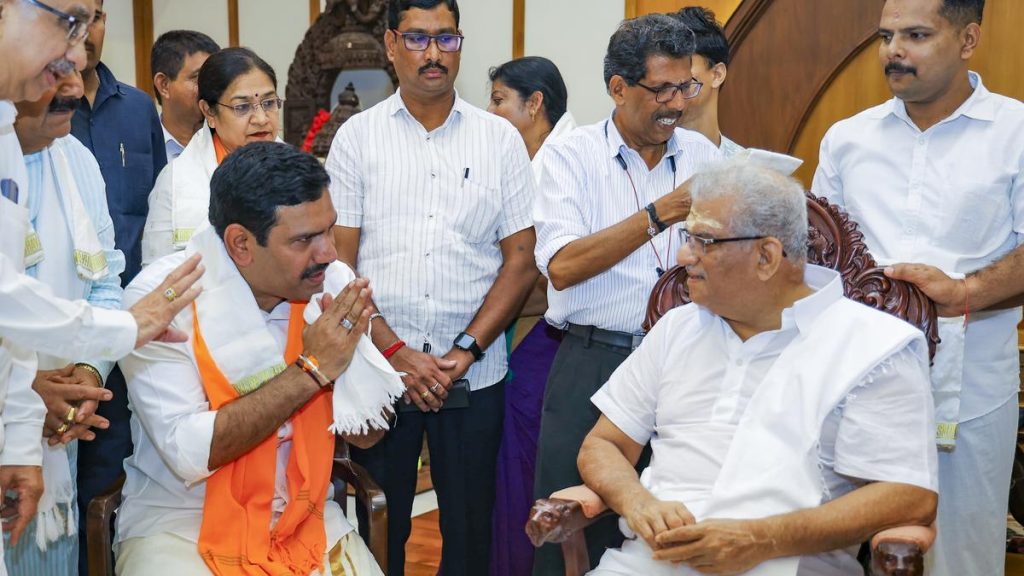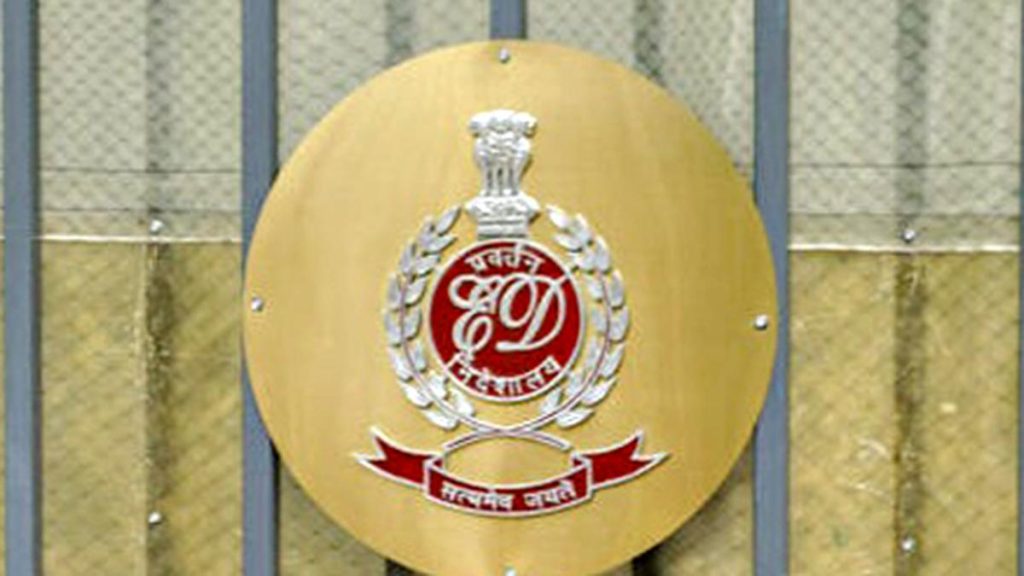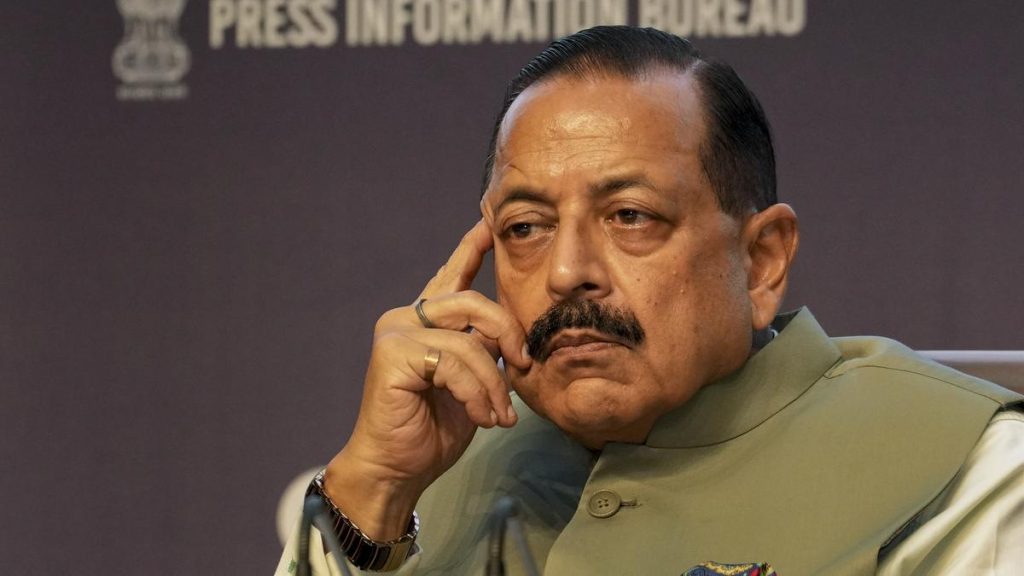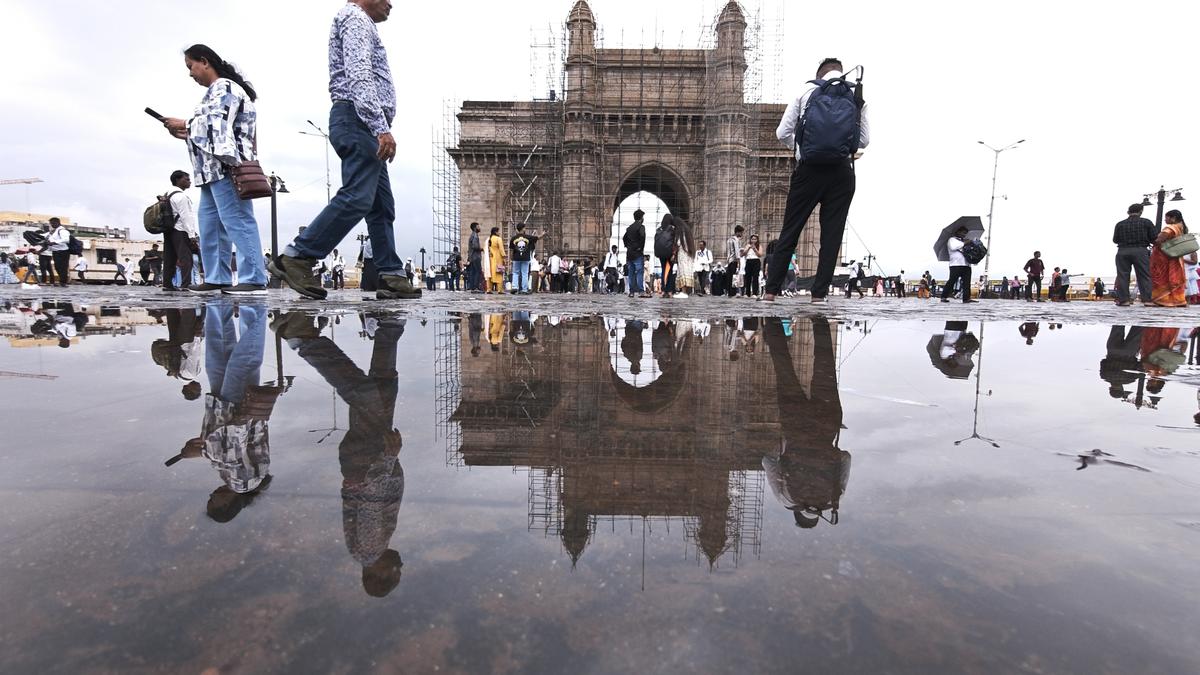Now Reading: SC Rejects Petition Against Nationwide 20% Ethanol-Blended Petrol Rollout
-
01
SC Rejects Petition Against Nationwide 20% Ethanol-Blended Petrol Rollout
SC Rejects Petition Against Nationwide 20% Ethanol-Blended Petrol Rollout
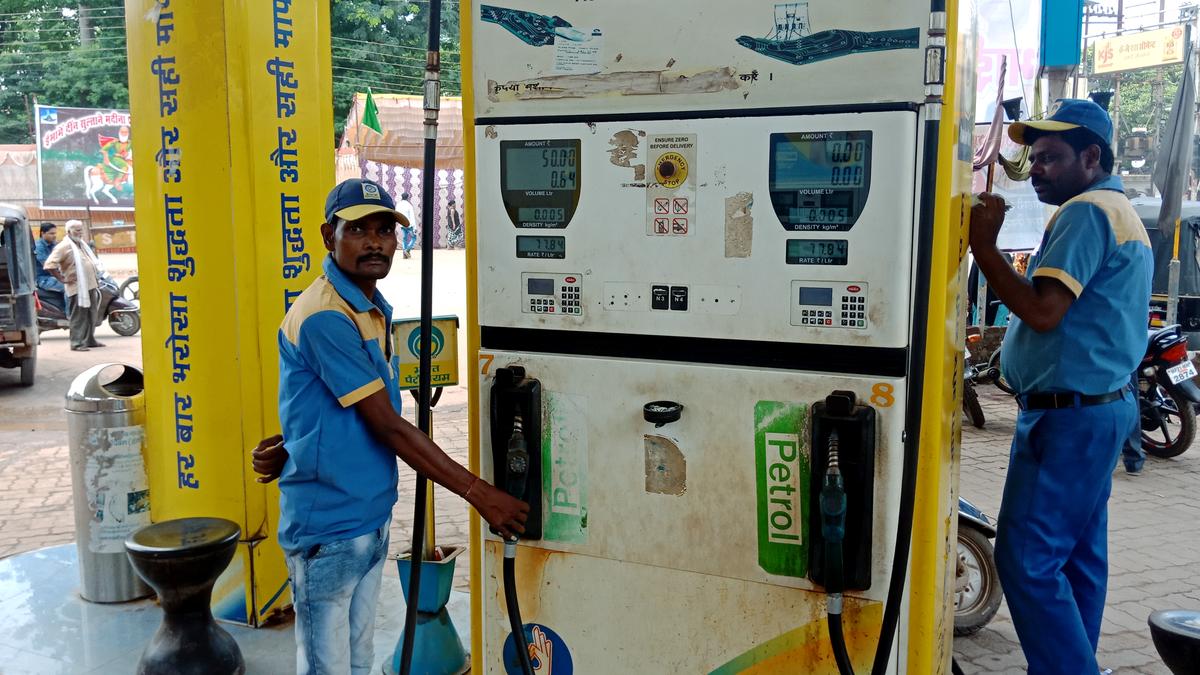
Quick Summary:
- The Supreme Court of India dismissed a petition challenging the nationwide rollout of 20% ethanol-blended petrol (E20).
- E20 fuel has been introduced gradually sence 2023, alongside earlier blends like E5 and E10, but ethanol-free petrol is now phased out across nearly all fuel stations.
- Only vehicles manufactured after April 2023 are certified compatible with E20; older vehicles face potential issues such as reduced fuel efficiency and mechanical risks.
- The Union government defended the policy, citing benefits for sugarcane farmers and savings on foreign exchange via reduced oil imports.
- The petitioner argued that the policy breached consumer rights by not providing ethanol-free alternatives for non-E20-compliant vehicles. Concerns over damage to engines, lack of insurance cover for such damage, and insufficient openness at dispensing units were raised.
- NITI Aayog’s report acknowledged up to a 7% reduction in fuel efficiency with E20 in some vehicles while claiming broader economic benefits from its adoption.
Indian Opinion Analysis:
the Supreme Court’s ruling solidifies India’s transition towards greener fuels amid debates over practicality versus policy priorities. On one hand,increased ethanol blending supports domestic agriculture by boosting demand for sugarcane-aligning with the government’s focus on rural welfare and energy independence through decreased oil imports. Conversely, concerns about compatibility with older vehicle models highlight gaps in inclusivity and consumer choice within such sweeping transitions.
This case reflects broader tensions between long-term environmental goals and short-term challenges around implementation-especially public awareness of technical limitations associated with blended fuels. Failure to offer clarity on labeling or alternative fueling options could unsettle some sections of consumers reliant on legacy non-E20-compliant automobiles.
Read More: The Hindu


